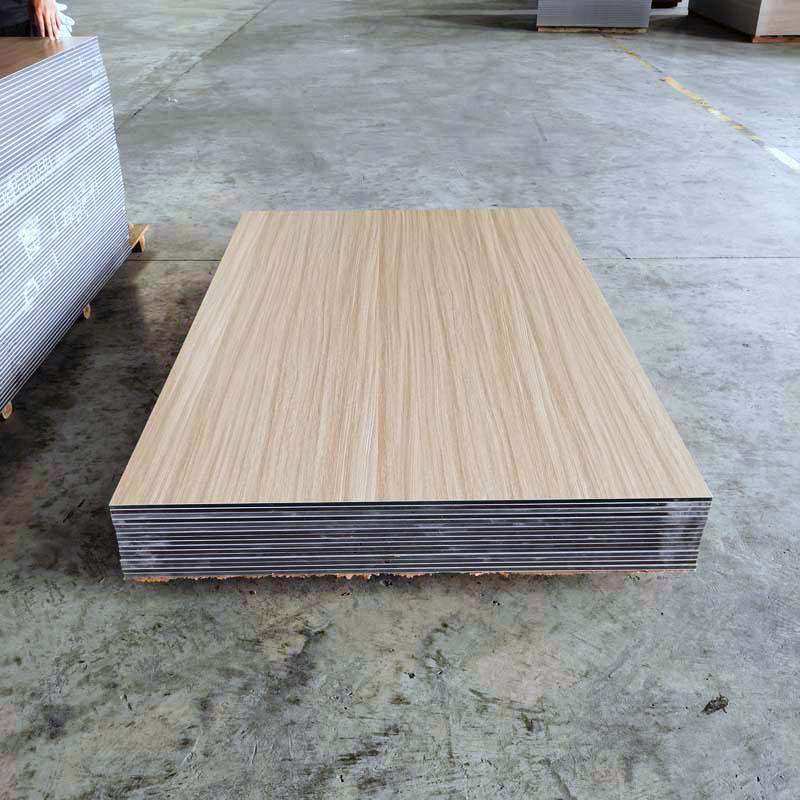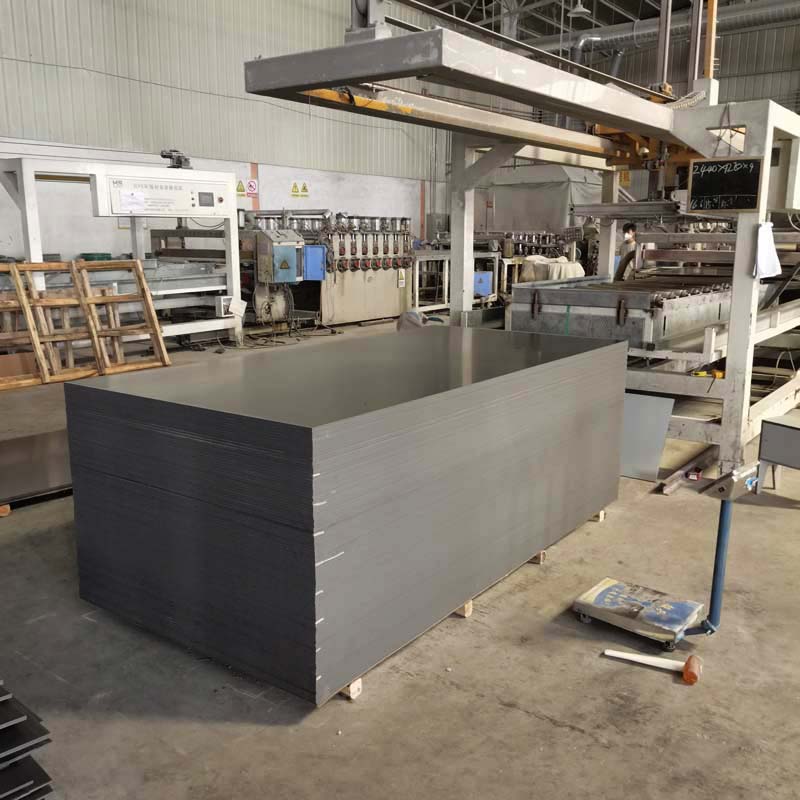Introduction
As the world grapples with environmental challenges, finding sustainable alternatives to traditional materials becomes more critical than ever. Bamboo charcoal wood has emerged as a revolutionary solution that not only addresses our ecological concerns but also offers several benefits to sustainable living. This article explores the properties, applications, and advantages of bamboo charcoal wood, highlighting its potential to transform the way we build and live.

Properties of Bamboo Charcoal Wood
Bamboo charcoal wood is created by heating bamboo at high temperatures in a low-oxygen environment, a process known as carbonization. This process removes moisture, impurities, and volatile compounds, leaving behind a blackened, lightweight, and durable material. The resulting bamboo charcoal wood possesses several unique properties that make it an ideal choice for sustainable living.
Bamboo charcoal wood is highly sustainable due to the rapid growth of bamboo. Bamboo is one of the fastest-growing plants on Earth, capable of reaching maturity in just a few years. This makes it an abundant and renewable resource, unlike traditional wood sources that require decades to regrow.
Bamboo charcoal wood exhibits exceptional strength and durability. It has a comparable strength-to-weight ratio to steel, making it a viable alternative for construction materials. It is resistant to warping, cracking, and pests, ensuring longevity and reducing the need for frequent replacements.
Applications of Bamboo Charcoal Wood
The versatility of bamboo charcoal wood allows it to be used in various applications, contributing to sustainable living in multiple ways.
1. Construction: Bamboo charcoal wood can be utilized as a primary building material for structures such as houses, furniture, and flooring. Its strength, durability, and aesthetic appeal make it an attractive choice while reducing the dependency on traditional wood sources.
2. Air Purification: Bamboo charcoal wood has excellent adsorption properties, making it a natural air purifier. It can absorb harmful chemicals, odors, and moisture from the environment, improving indoor air quality. Incorporating bamboo charcoal wood into air filters and purifiers can enhance their efficiency and reduce the need for synthetic alternatives.
3. Water Filtration: The porous structure of bamboo charcoal wood enables it to filter water effectively. It can remove impurities, pollutants, and even bacteria, providing clean drinking water. This application is particularly beneficial in areas with limited access to clean water sources.
4. Agricultural Use: Bamboo charcoal wood can be used as a soil amendment in agriculture. Its high porosity helps retain moisture, nutrients, and beneficial microorganisms in the soil, enhancing crop growth. Additionally, it can absorb and neutralize harmful chemicals or heavy metals, reducing soil contamination.

Advantages of Bamboo Charcoal Wood
The use of bamboo charcoal wood offers numerous advantages for sustainable living.
1. Environmental Benefits: By utilizing bamboo charcoal wood, we can reduce deforestation, as bamboo can be harvested without killing the plant. Bamboo also absorbs more carbon dioxide and produces more oxygen than traditional trees, making it an excellent tool in combating climate change.
2. Economic Opportunities: The cultivation and processing of bamboo charcoal wood create new economic opportunities. Bamboo plantations can generate income and employment, especially in rural areas where traditional job prospects may be limited. Moreover, the demand for bamboo charcoal wood products can stimulate local economies and sustainable industries.
3. Health Benefits: Bamboo charcoal wood’s air and water purification properties have positive impacts on human health. Clean air and water contribute to improved respiratory health, reduced allergies, and overall well-being. Additionally, bamboo charcoal wood is free from toxic chemicals often found in synthetic alternatives, making it a safer choice for consumers.
Conclusion
Bamboo charcoal wood represents a revolutionary solution for sustainable living. Its properties, applications, and advantages make it an attractive alternative to traditional materials. From construction to air and water purification, bamboo charcoal wood offers a range of possibilities that can transform our way of life while preserving the environment. Embracing this eco-friendly material can help us build a more sustainable and resilient future.
Previous: Bamboo Charcoal Wood Veneer: A Review of its Quality and Benefits
Next: Purchase Wood Veneer Online: The Ultimate Guide for English speakers

PVC foam board
PVC foam board is also called Chevron board or Andy board, its chemical composition is polyvinyl chloride, so it is also called foamed polyvinyl chloride board. It is widely used in passenger cars, train car roofs, box core layers, interior decoratio...

PVC foam board (wbt05)
product description PVC foam board is also called Chevron board or Andy board, its chemical composition is polyvinyl chloride, so it is also called foamed polyvinyl chloride board. It is widely used in passenger cars, train car roofs, box core layers...

Wood veneer (wbt250)
product description: It is mainly composed of two parts: substrate and surface film. The main component of the substrate is polymer material, the surface film is divided into PVC film and PP film, and the surface is covered with wood grain. When maki...

PVC foam board (wbt04)
1.product description PVC foam board is also called Chevron board or Andy board, its chemical composition is polyvinyl chloride, so it is also called foamed polyvinyl chloride board. It is widely used in passenger cars, train car roofs, box core laye...